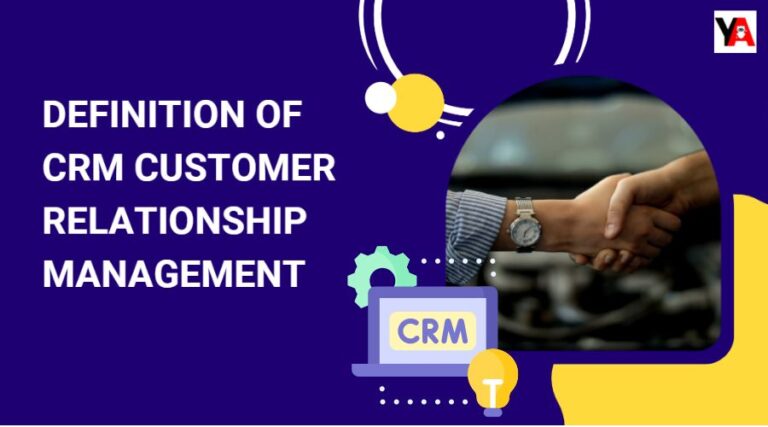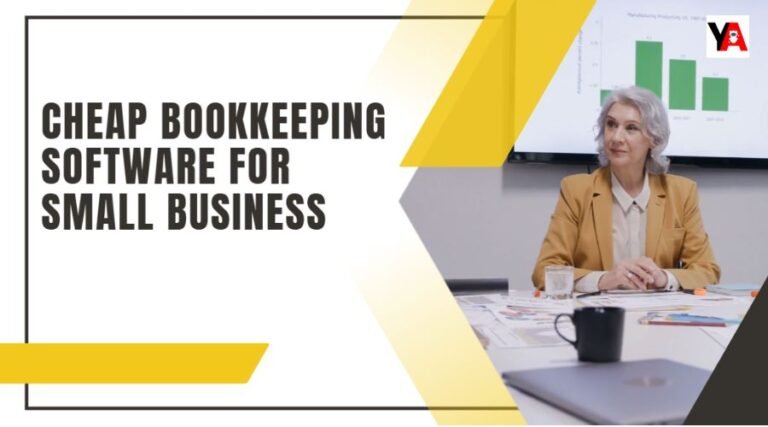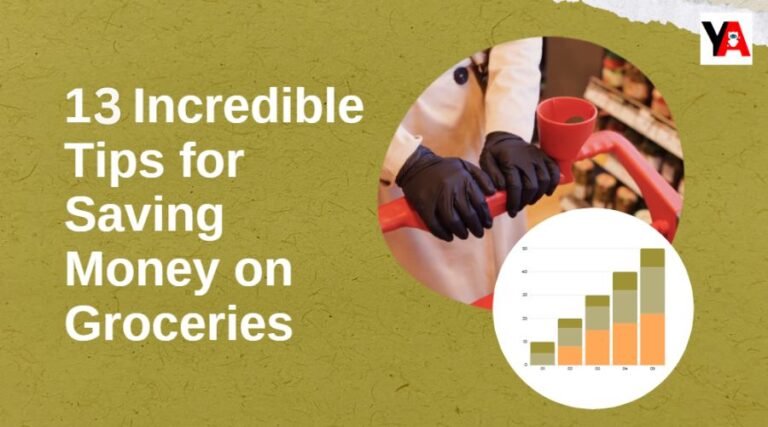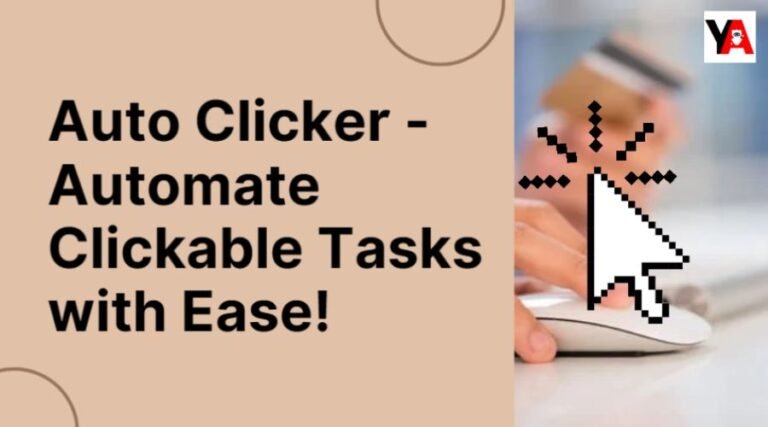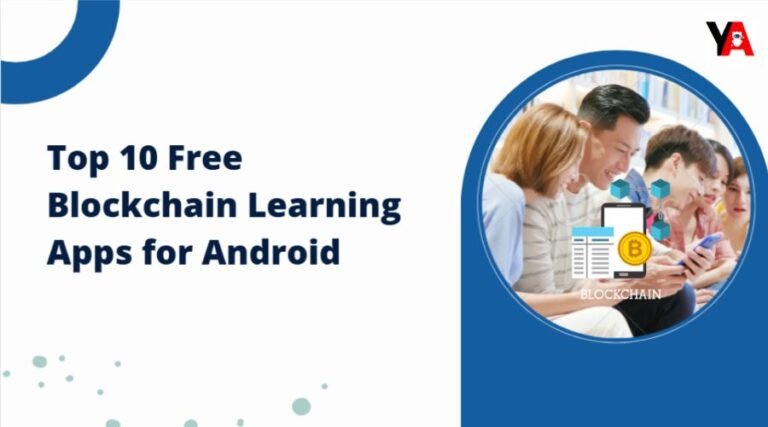Student loans can be a financial burden, but tackling them strategically is crucial, fear not – with a well-structured plan, you can navigate this financial challenge successfully. This comprehensive guide aims to provide practical tips on how to pay off student loans and chart a course toward financial freedom.
How to Pay Off Student Loans? Well, Let’s Get Started!
Table of Contents
Toggle1. Understanding Your Student Loans
To kick things off, let’s delve deeper into the types of student loans. Federal loans and private loans each have their unique characteristics, and comprehending these distinctions is fundamental. Federal loans often offer more repayment flexibility, while private loans demand a nuanced approach.
Navigating the maze of interest rates and terms is essential to demystifying the repayment process. Furthermore, establishing a connection with your loan servicers and having their contact information readily available ensures seamless communication, keeping you informed and in control.
2. Assessing Your Financial Situation
The cornerstone of financial management lies in creating a comprehensive budget. By meticulously outlining your income sources and monthly expenses, you gain a clear understanding of your financial landscape. Identifying areas of discretionary spending empowers you to trim the fat, freeing up additional funds for your student loan payments.
Beyond budgeting, a critical self-assessment involves evaluating your current savings and assets. Are there dormant resources waiting to be redirected toward accelerating your loan repayment? This introspective exercise lays the groundwork for a well-informed and strategic financial approach.
3. Exploring Repayment Options
Federal loan repayment plans offer a range of options to cater to different financial situations. Whether it’s the flexibility of Income-Driven Repayment (IDR), the stability of the Standard Repayment Plan, or the graduated approach of the Graduated Repayment Plan, selecting the right plan aligns with your financial goals.
For those in qualifying professions, loan forgiveness programs such as Public Service Loan Forgiveness (PSLF) and Teacher Loan Forgiveness can be game-changers. Additionally, for those with private loans, investigating refinancing options can lead to improved interest rates and terms.
4. Developing a Repayment Strategy
With a solid understanding of your loan landscape, it’s time to develop a repayment strategy. Prioritizing high-interest loans should be at the forefront of your plan, minimizing overall repayment costs. Making extra payments, even if modest, can significantly impact your repayment timeline.
Automating payments ensures consistency and guards against late fees. When unexpected windfalls or bonuses come your way, strategically directing them toward your student loans can expedite your progress.
5. Taking Advantage of Employer Benefits
Many employers offer loan repayment assistance programs as part of their benefits package. Exploring these opportunities and aligning employer-matching contributions with your student loan payments can substantially boost your repayment efforts. Negotiating salary increases is another proactive strategy to allocate more funds toward loan repayment.
6. Exploring Additional Income Sources
In addition to your primary income, consider diversifying your revenue streams. Part-time work, freelancing, gig economy opportunities, selling unused assets, or even starting a side business can all contribute to additional income. These endeavors not only provide financial relief but also empower you to take control of your financial situation.
7. Seeking Professional Guidance
Navigating the complexities of student loan repayment can be challenging, and seeking professional guidance is a wise move. Consider consulting with a financial advisor for personalized insights tailored to your unique situation.
Nonprofit resources offering loan counseling can provide valuable assistance, guiding you through the intricacies of student loan repayment. Understanding the tax implications of your repayment strategy is crucial for optimizing your financial approach.
8. Staying Motivated and Focused
Embarking on a journey to pay off student loans requires resilience and commitment. Setting realistic goals and milestones is essential for tracking your progress and maintaining motivation. Celebrating small victories along the way reinforces positive habits and keeps you focused on the ultimate goal of financial freedom.
Creating a support network with fellow loan payers provides a sense of community and shared experiences, offering encouragement during challenging times.
Final Words on How to Pay Off Student Loans
Armed with these in-depth strategies, you are well-equipped to tackle your student loans head-on and embark on a journey toward financial freedom. Recap the key takeaways, stay focused on your goals, and take the first steps towards a debt-free future. Your financial well-being starts with the decisions you make today, and by implementing these practical steps, you are laying the foundation for a brighter, debt-free tomorrow.
Frequently Asked Questions
Start by understanding your loan terms and interest rates. Create a budget to manage expenses and allocate extra funds for payments. Explore repayment plans and consider making extra payments to expedite the process.
Focus on consistent payments, prioritize high-interest loans, and explore additional income sources. Consider automating payments for consistency and look for opportunities like employer benefits or bonuses to make extra payments.
While complete elimination may be challenging, options include federal loan forgiveness programs like PSLF or Teacher Loan Forgiveness. Exploring repayment plans and diligently sticking to a strategic repayment strategy can significantly reduce the burden.
Failure to repay education loans can lead to consequences like damaged credit, wage garnishment, and legal action. It’s crucial to communicate with loan servicers to explore alternative repayment options or deferments if facing financial challenges.
Yes, paying off student loans early can save money on interest and provide financial freedom sooner. Evaluate your overall financial situation, prioritize high-interest debts, and ensure you have an emergency fund before accelerating repayment.

